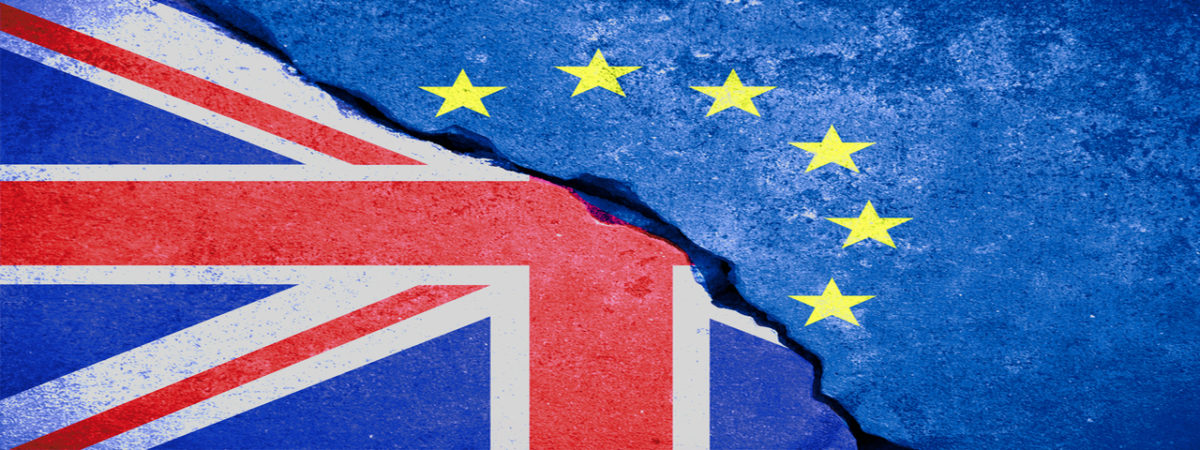Brexit could slash food prices – but only if we make it a free-market Brexit
SUGGESTED



Not only will the weaker pound be passed through in higher prices in shops, says Clegg, but a Brexit where we left the Single Market and traded under WTO rules would mean us imposing average agricultural tariffs of 22.3 per cent on EU imports, driving prices even higher. Furthermore, if we clamp down on low-skilled migration, farm costs will rise as they are forced to use more expensive labour – meaning a triple-whammy for consumers.
As ever with Brexit issues, Clegg’s view is, shall we say, “one-sided”. Exchange rate fluctuations may well raise import prices for a while (though fierce competition among food retailers and their strong buying power mean it will sometimes be foreign exporters who take the profit hit). But that’s one reason why it would be good for MPs to get on with the Brexit process, rather than creating uncertainty.
On migration, Clegg knows that prior to the removal of restrictions on the free movement of people from those countries, the UK government operated a Seasonal Agricultural Workers Scheme for people from Romania and Bulgaria which provided farms with a stream of workers – and which could be replicated with those or other countries after Brexit.
But it’s on tariffs and trade that Clegg is being most disingenuous. To listen to him you would think that the EU was some sort of utopia for low prices in food, when in reality the period between 2002 and 2011 saw EU prices 15 per cent higher than world prices.
Why? The EU not only subsidises EU-wide agricultural production through the protectionist Common Agricultural Policy and enforces expensive regulations to try to keep out non-EU competition, but it also slaps large tariffs on food imports from the rest of the world via its customs union. Clegg’s supposed “higher food prices in the UK after Brexit” comes because he assumes we’d maintain these high tariffs on the rest of the world, and freshly impose them on the EU too.
Why on earth would we decide to do such a damaging thing? Brexit gives us the opportunity to rid ourselves of this blatant protectionism, to the benefit of our consumers. We could impose lower tariffs on the whole world, or else abolish tariffs altogether (the unilateral free trade option). This would not only lower prices in our shops directly and hugely reduce administrative burdens associated with tariffs and quotas, but would also lead to changes to the structure of agriculture to meet new demands and compete globally. The result of this competition would be a more innovative, productive agricultural sector – which is why, although the government has committed to maintaining agricultural support on Brexit, in the longer term we should abolish the subsidies too.
Producers of course hate this disruption in the short term, but the case study of New Zealand here is instructive. Practically all forms of assistance to New Zealand’s farmers were withdrawn over a period of five years in the 1980s. Big changes occurred in the sector – the sheep stock halved and beef and sheep farms fell by a third. But larger herd sizes and increases in lambing rates made the remaining farms much more productive, while production of fruits and wines grew sharply and a venison industry developed. The country now has a healthy agricultural sector, highly responsive to global demands and trading at world prices.
The EU on the other hand is still locked in a protectionist racket, which raises consumer prices and deters innovation. A new IEA report yesterday showed how damaging environmental regulations are wrapped in the EU’s agricultural subsidy programmes and that the “precautionary principle” enshrined in EU regulation is often hijacked by ideological NGOs. This is most obvious in the EU’s opposition to GM crops (only one such crop has been licenced for EU cultivation) and pesticide use, where stringent regulations lower crop yields now and deter innovation for crop treatments which could raise yields further in future. None of this is to mention the effects of EU biofuels mandates on deterring land use for foodstuffs.
Exchange rate movements come and go. But on the effect of Brexit, Clegg is highlighting the worst case scenario, assuming bad political decisions. By cutting tariffs, scrapping subsidies and introducing sensible evidence-based regulation, Britain outside the EU has an opportunity for lower agricultural prices and a more productive sector standing on its own two feet. As a liberal, one would hope this is something he would support.
This article was first published in City AM.
3 thoughts on “Brexit could slash food prices – but only if we make it a free-market Brexit”
Comments are closed.





If only the LibDems were truly liberal. Alas, they tend to be anything but.
I agree with this article 100%. If the U.K. were to remove the tariffs on imported goods, it would give an incentive to foreign producers to want to send their products to the U.K. This would lead to more competition in the marketplace, which in turn would benefit the U.K. because they could choose the cheapest option and save themselves as well as their customers money.
– Moses Gutierrez
If the U.K. were to remove the tariffs on imported goods, it would give an incentive to foreign producers to want to send their products to the U.K. This would lead to more competition in the marketplace, which in turn would benefit the U.K. because they could choose the cheapest option and save themselves as well as their customers money.